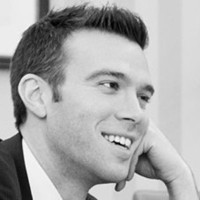Sponsored
Now Available: Longform for iPad 1.1
The first major update to Longform’s critically acclaimed iPad app is available on the App Store.
Now included: dark mode, new fonts, fine-grain control over the reading experience, and more than 20 new magazines to follow.









